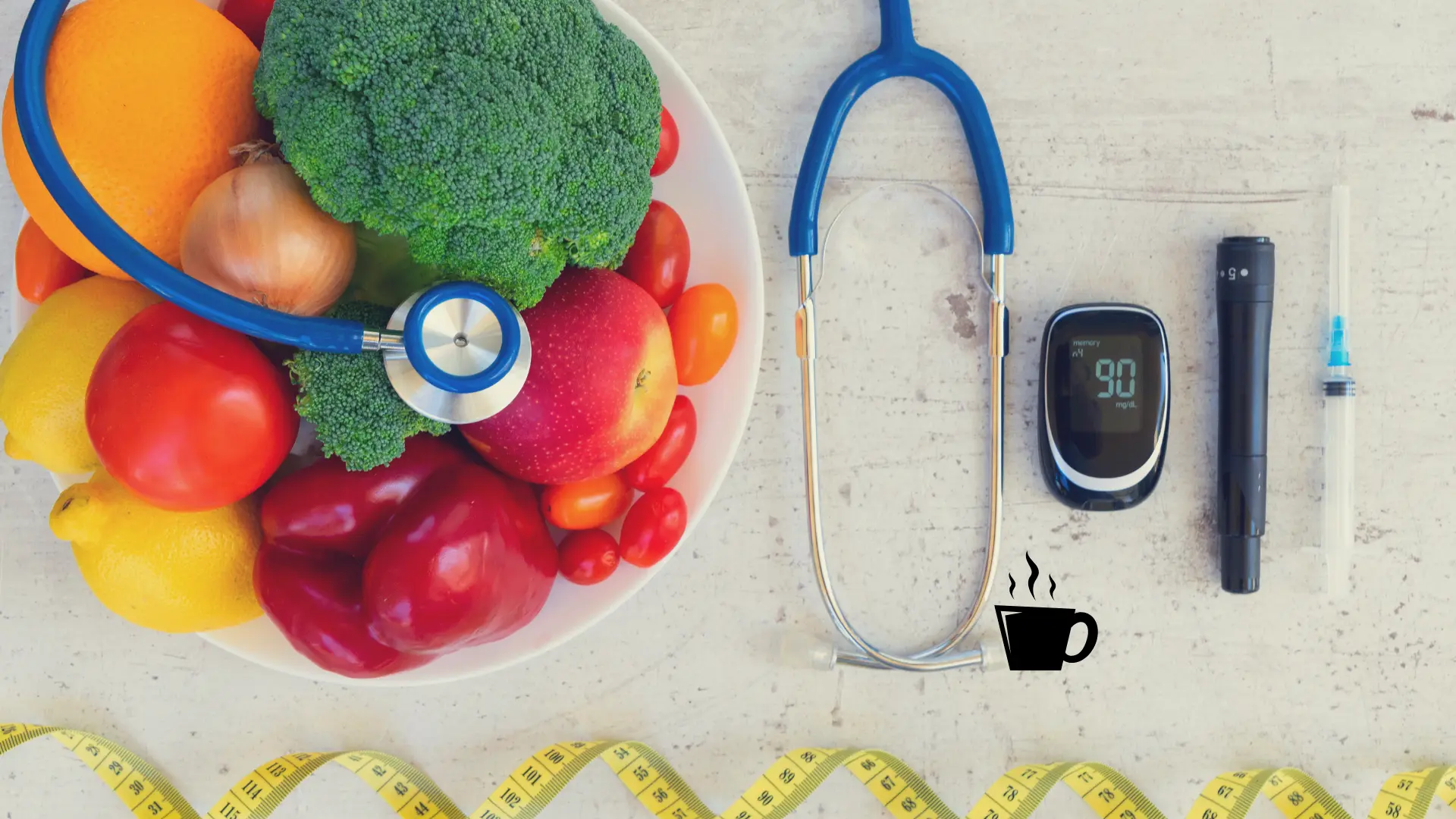1) Understanding Diabetes: A Brief Overview
Before delving into the relationship between diet and diabetes, it’s essential to understand the different types of diabetes and how they affect the body.
- Type 1 Diabetes: In this type of diabetes, the body does not produce insulin, the hormone responsible for regulating blood glucose levels. It is usually diagnosed at a younger age and is not directly related to diet but rather to genetic and autoimmune factors.
- Type 2 Diabetes: This is the most common type of diabetes, in which the body cannot effectively use the insulin it produces. Obesity, sedentary lifestyle, and poor diet are significant risk factors for the development of type 2 diabetes.
- Gestational Diabetes: This type of diabetes occurs during pregnancy and usually disappears after childbirth. However, women who have had gestational diabetes are more likely to develop type 2 diabetes later in life.
2) The Role of Diet in Type 2 Diabetes
While genetics play a significant role in the development of type 2 diabetes, diet plays a crucial role in the prevention and management of the disease. A healthy and balanced diet can help control blood glucose levels, reduce the risk of diabetes-related complications, and improve the quality of life.
3) Myths and Truths about Diet and Diabetes
- Myth: Sugar is the primary cause of diabetes.
– Truth: Consuming large amounts of sugar can increase the risk of developing type 2 diabetes, but it is not the sole cause. A diet high in simple sugars can lead to obesity and insulin resistance, risk factors for diabetes.
- Myth: People with diabetes should avoid carbohydrates at all costs.
– Truth: Carbohydrates are an important source of energy and essential nutrients. However, it is crucial to choose complex carbohydrates, such as whole grains, fruits, and vegetables, instead of refined carbohydrates like sugar and white flour.
- Myth: A low-fat diet is the best option for people with diabetes.
– Truth: While a low-fat diet may be beneficial for some people with diabetes, it is more important to focus on the quality of food. Healthy fats, such as those found in avocados, nuts, and fatty fish, can be included in a balanced diet.
- Myth: Artificial sweeteners are safe for people with diabetes.
– Truth: While artificial sweeteners can help reduce sugar intake, excessive consumption may have adverse health effects. It is best to opt for natural sweeteners, such as stevia or xylitol, instead of artificial sweeteners.
4) Tips for a Healthy Diet for People with Diabetes
- Choose complex carbohydrates: Opt for whole grains, fruits, and vegetables instead of refined carbohydrates.
- Limit the consumption of simple sugars: Reduce the intake of added sugars, such as sodas, candies, and desserts.
- Include lean proteins in every meal: Lean meats, fish, eggs, tofu, and legumes are excellent sources of protein.
- Prioritize healthy fats: Add avocados, nuts, seeds, and olive oil to your diet to get healthy fats and omega-3s.
- Stay hydrated: Drink plenty of water throughout the day and limit the consumption of sugary beverages.
- Control portions: Monitoring portion sizes can help control calorie intake and maintain stable blood glucose levels.
5) Conclusion
The relationship between diet and diabetes is complex, but it also offers significant opportunities for preventing and managing the disease. Adopting a healthy and balanced diet, rich in whole foods and essential nutrients, can make a significant difference in the health and well-being of people with diabetes. Additionally, it is important to remember that each person is unique, and dietary needs may vary. Consulting a healthcare professional, such as a nutritionist or endocrinologist, can provide personalized guidance for a diet suitable for your type of diabetes and lifestyle.
